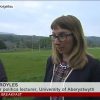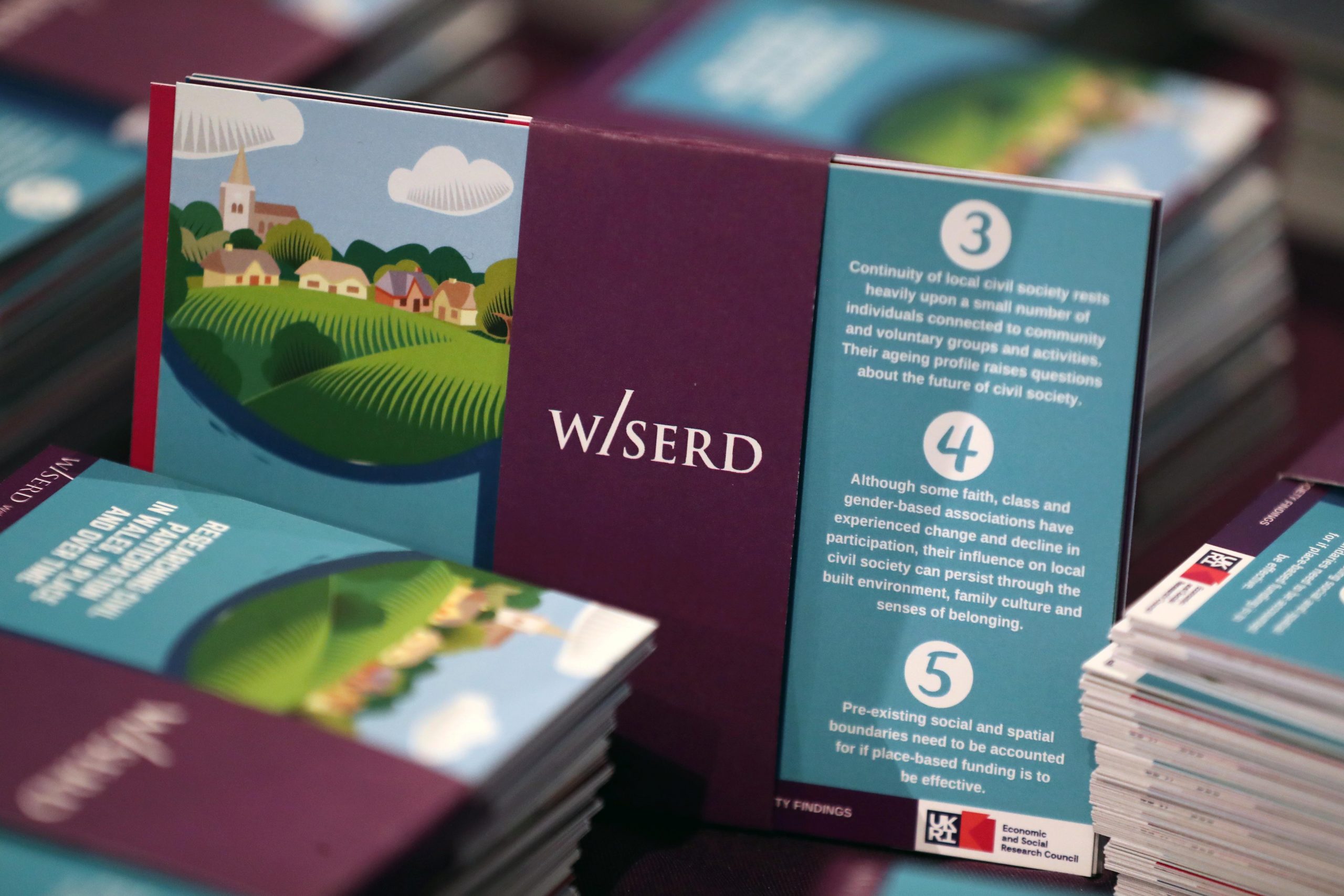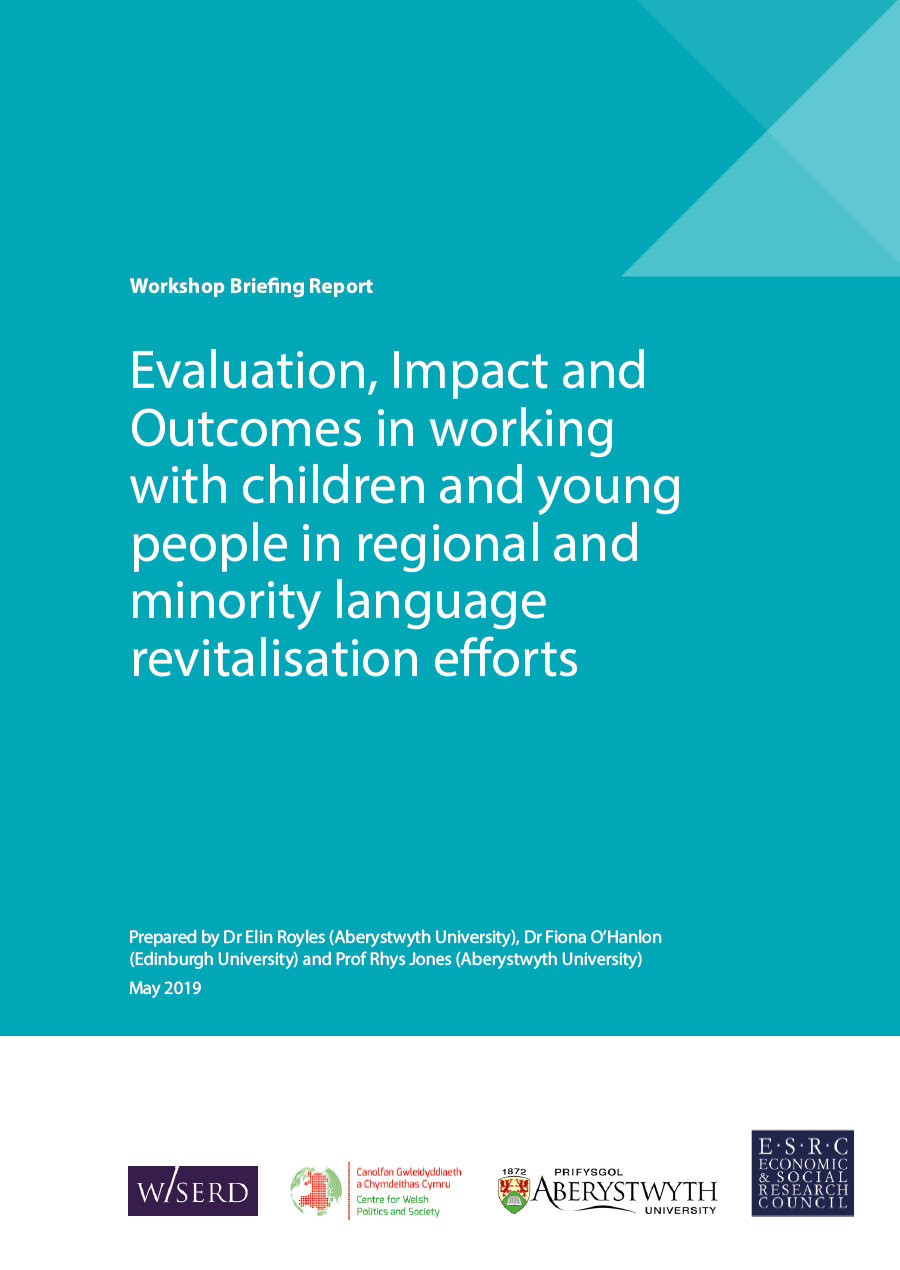Mae'r cynnwys hwn ar gael yn Saesneg yn unig.
Overview
The project used interviews and questionnaires to investigate the types of civic participation and conceptions of language and identity promoted within the statutory education system, and within civil society organisations working with young people, in both Wales and Scotland.
In the project’s initial stages the four co-Is undertook around a total of 15-20 interviews with national-level elite policy-makers, in the fields of education, language and the third sector and civil society organisations in the non-statutory education sector.
The target achieved sample size was 480 students aged 14 – 16 drawn from 12 schools; 240 students and 6 schools in each country. The schools formed the basis of our sampling strategy and were selected to cover the range of linguistic and (so far as possible) of social contexts in which Welsh-medium and Gaelic-medium education takes place. 40 students would participate in the survey within each school: 20 of the students attended Welsh-medium or Gaelic-medium education, and the other 20 studied Welsh as a second language or Gaelic for learners.
The questionnaire asked about both school-related experiences and also experiences outside school.
A total of 120 follow-up interviews were undertaken – 60 in each country, drawn from the people who have replied to the questionnaire.
In addition, as part of the fieldwork visits the RAs undertook 20-25 interviews with teachers in schools and local leaders of civic organisations to which young people belong.
Finally, the four co-IS undertook a total of 20 interviews / de-briefing sessions with national-level elite policy-makers, in the fields of education, language and the third sector and civil society organisations in the non-statutory education sector. The aim refined the research findings and forge and identify pathways to impact.
Research Questions
- What understandings of cultural identity do young people acquire from statutory and voluntary educational institutions?
- In particular, what is the nature of the linguistic identities that these institutions encourage?
- How, if at all, does the history of civic institutions impinge on young people’s identities today?
- What is the relative importance of statutory and non-statutory institutions in shaping young people’s identities?
- What role, if any, do devolved political institutions play in shaping young people’s identities?
- How do the answers to all these questions vary by other factors which affect young people’s identities – for example, gender, ethnicity, religion, place of residence and place of origin.
Outputs
- Capacity Building activities – 3 x 1-day workshops for approx. Workshop 1 for approx. 25 attendees, Workshops 2 and 3 for approx. 50 attendees.
- Impact and Knowledge Exchange – We will produce a two policy briefing documents, which will be used to communicate the main policy findings of the project and these will be launched at two seminar events, one each in Scotland and Wales.
- The costs of producing any materials to be uploaded online (e.g. podcasts or short video presentations relating to the project’s findings, vidcasts of seminar events) will be provided for by Aberystwyth and Edinburgh universities as appropriate.
- At least four academic journal papers will be produced. Target journals would be: Journal of Language, Identity and Education, The British Journal of Sociology, Regional and Federal Studies and Youth and Policy.







